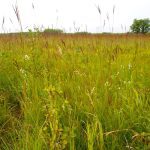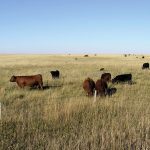The Canadian farms producing top-quality beef are as unique as our country’s topography. They do have one thing in common–each uses forages in some way. Forage U-Pick–a tool that helps farmers and ranchers from British Columbia to the Maritimes choose forages best suited to their fields, calculate seeding rates and manage forage weeds–is now available […] Read more














